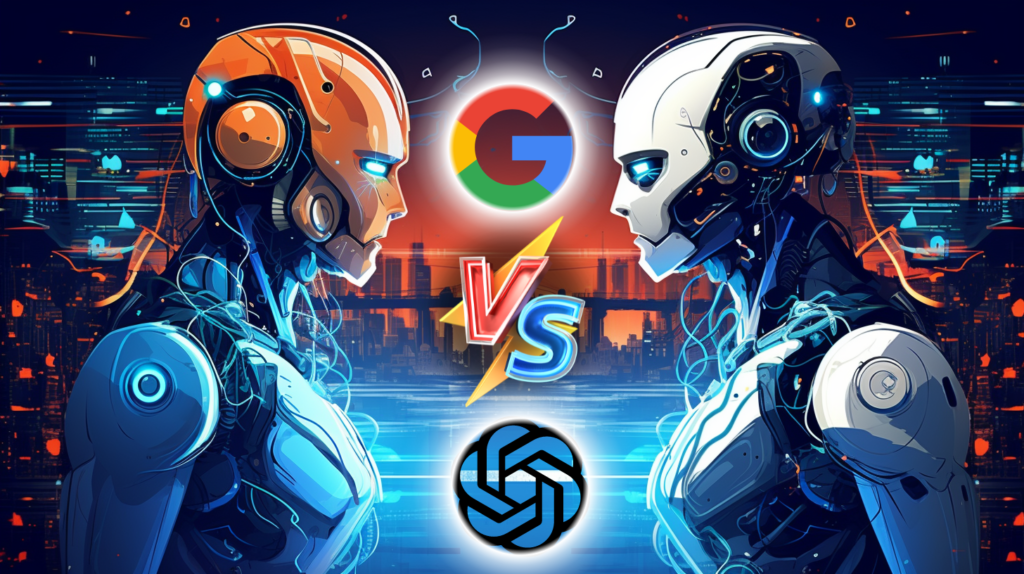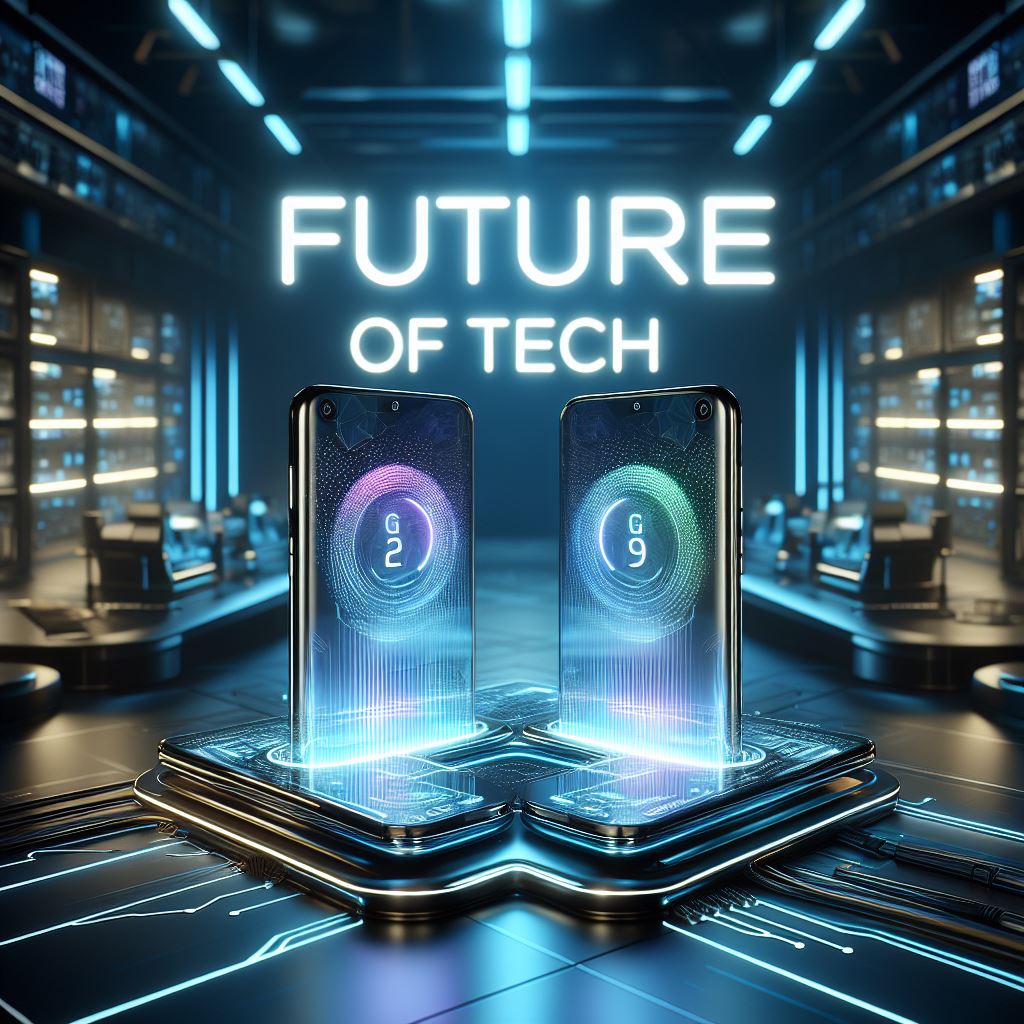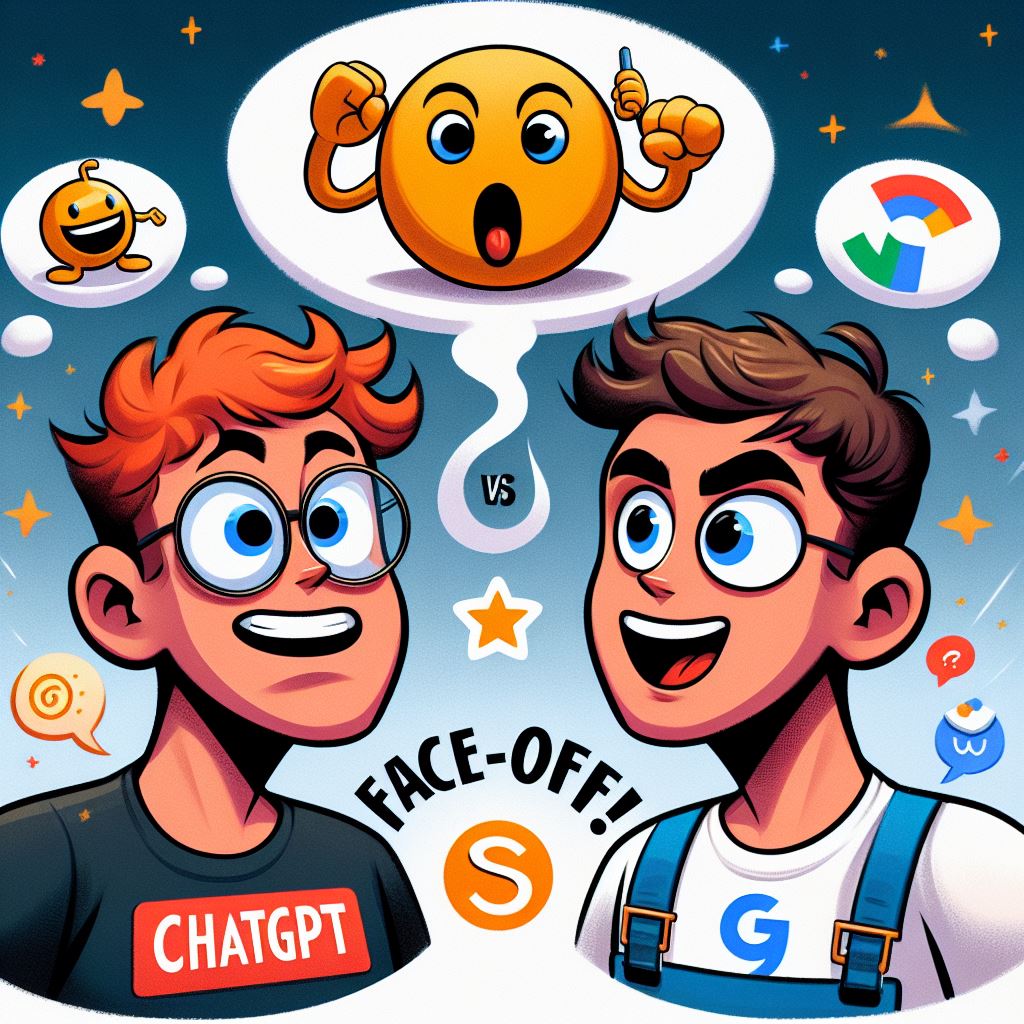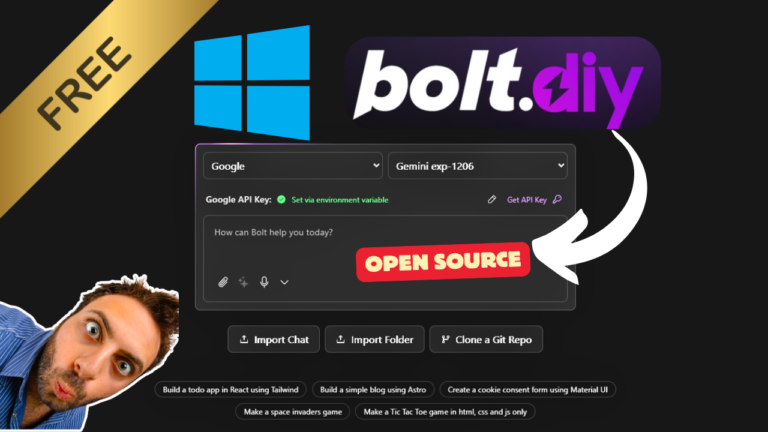
GPT (Generative Pretrained Transformer) refers to OpenAI’s natural language AI models like ChatGPT that can generate human-like text.
Gemini is Google’s new multimodal AI agent capable of understanding and generating text, images, audio and more.
Data Handling
- GPT specializes in processing written language. Additional modules enable handling other data formats.
- Gemini natively integrates different modalities like text, visual and speech from the ground up.
Capabilities
- GPT focuses squarely on language tasks though keeps gaining supplemental skills.
- Gemini splits into nano/pro/ultra variants fine-tuned for different applications.
Infrastructure
- GPT relies on OpenAI’s Azure deployment for scaled development.
- Gemini taps into Google Cloud’s vastly bigger compute resources.
Performance
- GPT spearheaded conversational AI – but exhibits factual gaps.
- Gemini scores higher on multi-domain comprehension and reasoning ability.
In essence, Gemini’s unified multimodality, versatile configurations, superior infrastructure and more robust evaluation metrics provide noticeable advantages over GPT’s acclaimed but narrowly focused language mastery.
So Gemini seems positioned to surpass GPT, especially as more real-world data across modalities gets thrown into the mix alongside Google’s superior computing capacity.
Can Google’s Gemini Beat ChatGPT at Its Own Game?

ChatGPT took the world by storm when it launched in late 2022, dazzling people with its human-like conversational abilities. This state-of-the-art AI chatbot from OpenAI quickly amassed millions of users – gaining as much popularity in 5 days as Instagram did in 2.5 years.
But while ChatGPT reveled in the limelight, Google watched from the sidelines with unease. Once undisputed king of the online world thanks to its search dominance, Google now faced a potential usurper – one backed by its biggest rival Microsoft.
So as ChatGPT’s user base kept growing, Google knew it had to respond fast. And on December 6, 2023 it unveiled its own generative AI tools, headlined by Gemini – a chatbot billed as ChatGPT’s killer.
Within days of Gemini’s launch, Google’s stock price rebounded while Microsoft’s declined. So does Gemini really have the goods to dethrone ChatGPT? What unique strengths does it bring to the table? And what’s at stake for Google and Microsoft as this AI war rages?
Let’s analyze Gemini’s standout features, how it stacks up to ChatGPT, and the far-reaching implications of generative AI for the world’s most prominent tech giants.
Why Google Views ChatGPT as an Existential Threat
To understand Gemini’s importance for Google, we must first recognize why ChatGPT’s meteoric rise alarmed decision-makers at the search leader’s headquarters.
Search Advertising – Google’s Bread and Butter
Google generates most of its gargantuan revenue from advertising. But it’s not YouTube ads or display ads that really butter Google’s bread – it’s search advertising.
- In 2022, search ads accounted for 58% of Google’s total ad revenues
- Overall, 80% of Google’s ad money came from search + YouTube combined
- Google owns over 90% market share of the global search engine market
So search is still Google’s undisputed cash cow, especially in the advertising domain.
However, despite rapid gains by Bing, Yahoo and niche players like DuckDuckGo – Google has always managed to hold its search competitor at bay.
Until ChatGPT emerged.
ChatGPT’s Disruptive Potential
At first glance, ChatGPT seems no threat to Google’s search stronghold.
After all, ChatGPT has “only” 100-200 million active users compared to Google Search’s 4.2+ billion.
But a closer look reveals some alarming signals:
- ChatGPT gained 100 million users faster than any other app in history
- It could hit a billion users by next year (some forecasts say 500 million by end of 2023).
- Microsoft is aggressively integrating ChatGPT into Bing search.
And Microsoft has big plans for this new Bing-ChatGPT alliance…
Microsoft’s Grand Ambition
While Google depends heavily on search, Microsoft enjoys more diversified revenue streams from Windows, Office 365, Azure and even gaming.
So Microsoft isn’t betting its entire house on unseating Google Search. But make no mistake – that is their end game.
And ChatGPT perfectly complements Bing’s capability gaps while also turbocharging Bing’s scope. Especially if OpenAI’s predictions around future ChatGPT potential ring true.
Armed with seemingly limitless resources from its Azure cloud combined with the OpenAI partnership, Microsoft is clearly positioning itself to dominate the AI age.
So Google likely views ChatGPT + Bing as an existential threat to its whole ad-driven business model. One that could ultimately dethrone them as the web’s gateway.
Why Google Rushed & Stumbled with Bard
Given the menacing shadow cast by the Bing-ChatGPT alliance, Google expedited its own AI assistant plans into the chatbot now known as Bard.
They fast-tracked Bard’s launch to pacify investors grown antsy over Microsoft + OpenAI’s bold ambitions.
But this haste backfired.
Botched Launch Erodes Investor Confidence
Unveiled on February 6, 2023, Bard embarrassed Google by delivering inaccurate answers in demos.
Google’s share price promptly plunged by 9%, evaporating $100 billion in market value overnight.
This debacle further bolstered Microsoft’s position in the “arms race” to control generative AI’s future.
Chance for Redemption with Gemini
Bard’s failure emphasized that Google couldn’t just repurpose old AI models to catch up with ChatGPT. They needed to start from scratch.
Gemini is the fruit of that effort. Tailor-made to outclass ChatGPT.
Touted as a next-generation “multimodal AI agent”, Gemini was unveiled less than a year after Bard on December 6, 2023.
And Google’s lost market value came roaring back the very next day.
But what exactly makes Gemini stand out? Does it really beat ChatGPT at its own game?
Gemini’s Standout Strengths Against ChatGPT

Gemini touts four chief advantages that may give Google the edge over ChatGPT in the long run:
- Native multimodality
- Versatile capabilities
- Enormous compute power
- Vast troves of data
Let’s break down each differentiator:
1. Native Multimodality
The biggest divide between Gemini and ChatGPT lies in how they process different data types.
To grasp why Gemini has the edge here, think of smartphones versus cameras.
Modern smartphones natively integrate various functions like calls, texts, photos, videos, internet access, and mobile apps. So they easily juggle multiple tasks.
Now imagine Canon suddenly announces its old school cameras can also make calls. Sure, you can probably call someone from that camera. But that bolted-on capability wouldn’t match the seamless integration smart cameras inherently offer for handling diverse functions.
Gemini operates much the same as today’s versatile smartphones, possessing in-built chops for audio, visual and textual understanding without leaning on third-party enhancements.
In contrast, ChatGPT originated as text-based AI without innate support for processing images, speech, videos and more. OpenAI keeps padding ChatGPT with additional modules enabling it to parse more data types. But those functionalities basically mimic crude accessories duct-taped onto a formerly single-minded camera.
So while Gemini comes pre-designed as “natively multimodal” to fluidly accommodate diverse inputs, ChatGPT qualifies only as “multimodal” – cobbling together disjointed extensions tacked on after the fact.
Over time, Gemini’s unified handling of multifaceted data from the ground up may widen its utility gap over ChatGPT’s piecemeal approach.
Early demos already show Gemini’s potential for solving visual puzzles, parsing diagrams and recognizing speech commands beyond ChatGPT’s current scope.
2. Versatile Capabilities
Gemini platform comes in three progressively powerful flavors purpose-built for different use cases:
- Gemini Nano – trimmed down version even runs offline on smartphones thanks to efficient machine learning models
- Gemini Pro – beefier iteration meant for Google’s bread-and-butter online services like search, maps and more
- Gemini Ultra – most mighty configuration geared for business/scientific applications tapping Google Cloud’s computing might
This versatility inherent across Gemini products grants Google flexibility to custom-fit AI power for any situation. From mobile apps all the way up to data-intensive enterprise solutions.
And early demos hint at some seriously futuristic applications across industries:
- Healthcare – Medical scan analysis
- Education – Automated teaching assistance
- Finance – Anomaly detection in fraud/risk modeling
- Engineering – Design evaluations
- Government – Public policy shaping
ChatGPT currently comes in only one flavor. So unless OpenAI conjures up its own multipurpose models, Gemini enjoys a robust framework fine-tuned for diverse AI needs.
3. Enormous Compute Power
Compute speed represents a vital ingredient for cutting-edge AI. And thanks to its Google Cloud platform boasting ~2000 petaflops of processing capacity, Gemini has enough raw computing muscle to keep evolving much faster than rivals – most crucially ChatGPT itself.
- By this year-end, Google Cloud’s compute power dedicated to AI projects will outweigh OpenAI’s Azure resources 5x over
- Come 2025? Try 10-20x extra scale to school ChatGPT on query comprehension, multi-lingual support and more
Plus Google Cloud’s global infrastructure opens up better avenues for training mega-models – tapping datasets across 70 regions in 24 countries while navigating complex regulations. Allowing Gemini products to soak up broader real-world understanding.
With so much potential computing leverage over ChatGPT, Gemini seems geared to widen its proficiency gap as countries continue pumping billions into AI advancement.
4. Vast Troves of Data
The information boom keeps unlocking value from ever-growing volumes of data which can nourish next-gen AI. Here too Gemini holds pole position.
OpenAI originally relied heavily on public datasets for training basic models like GPT-3. But using web-scraped content, links and excerpts throws up legal hurdles regarding copyright, personal details and offensive material.
Google neatly sidesteps these issues through access to vast internal data silos.
- YouTube (#2 search engine after Google)
- Google Books corpus
- Google Cloud (including search queries/clicks)
- More niche products like Google Patents, Scholar, News plus heaps of anonymous user behavioral analytics
Harnessing diversified first-party data resources furnishes Gemini products with extensive real-world understanding to drive more nuanced answers.
And thanks to discreet changes in Google’s privacy policy – data from “public sources” can also feed AI advancements!
So Gemini models integrate substantial knowledge spanning text, images, video, multiple languages, scientific literature and even specialized domains like healthcare. Enough to comprehensively tutor ChatGPT.
Early Benchmarks Show Gemini Outgunning ChatGPT

Given these considerable advantages, how is Gemini actually stacking up against ChatGPT so far?
Well, initial benchmark testing pits Gemini as superior on almost all counts:
- Across 32 benchmark criteria, Gemini outscored ChatGPT in 30 – including key indicators around multi-genre comprehension
- On one especially rigorous language proficiency exam spanning 57 diverse topics…
- Gemini nailed 90.4% score
- Surpassing ChatGPT along with scores from human domain experts (89.8%)
Such promising benchmarks underline Gemini products’ reliable factuality versus ChatGPT’s known issues with accuracy.
And they validate Gemini’s more rounded intelligence – understanding complex concepts across broader topics while smartly answering questions rather than just discussing opinions.
For now, ChatGPT retains edge in areas like numerical reasoning and spatial analysis. But such margins seem set to erode under the tide of Google’s relentless data and compute resources pouring into Gemini.
So early innings advantage appears firmly with Gemini over ChatGPT in critical benchmarks of utility.
Why This AI War Matters to Google & Microsoft
While technologists and journalists portray the clash between Gemini and ChatGPT as an intoxicating gladiator-style duel, it’s much more than bragging rights at stake for Google and Microsoft.
The company winning the battle for generative AI supremacy could steer trillions in economic value over the coming decades.
Do-or-Die Juncture for Google

For Google, generative AI poses an existential crisis similar to disruptions Search faced from mobile apps and social media.
If Microsoft harnessing ChatGPT displaces Google Search over time, Google risks losing its main gateway to web audiences – throttling its ad cash cow.
But if Gemini helps fortify Search while allowing Google to expand AI revenue streams, it offers a toll road to the AI highway for long-term prosperity.
So generative AI almost represents an evolutionary fork-in-the-road type moment for Google.
One path leads to gradual decline facing its core product’s displacement.
While the other opens up lucrative dimensions to carry them into the AI age while cementing current market dominance.
Little wonder Google’s stock jumps every time Gemini notches a win over ChatGPT!
Microsoft Never Had More to Gain
For Microsoft however, search only constitutes one fragment of total business.
cenarios abound where Microsoft wins big even if ChatGPT loses out to Gemini:
- ChatGPT search allows Microsoft to target Google’s kingdom. But search isn’t critical for Microsoft’s success.
- Massive Azure cloud investments position Microsoft to dominate enterprise AI regardless of consumer winners.
- AI future guaranteed to multiply revenue for Microsoft’s market-leading SaaS offerings like Office 365 and Dynamics
- OpenAI partnership hedges bets by tapping exfiltrated AI talent from Google Brain and other labs
And if ChatGPT ultimately routs Google Search? It propels Microsoft to heights exceeding the PC revolution and enterprise software waves it rode in previous eras to topple rivals like IBM, Sun Microsystems and Silicon Graphics.
So Microsoft will aggressively pursue search supremacy with AI through Bing + ChatGPT. But even if it falls short, Microsoft can still prevail in parallel AI domains while reaping generous enterprise spoils.
Brave New World Beckons
Stepping back, it’s awe-inspiring to witness tech titans like Google and Microsoft joust to crown the next platform ringing in social and economic transformation.
Who wins matters less than the promising problems AI seems poised to solve. Smarter climate modeling, accelerated materials research, enhanced crop yields, democratized education, personalized medicine, automated menial work etc. represent mere glimpses of the coming machine learning wave.
And while generative AI spurs ethical dilemmas regarding jobs, bias, automation anxiety, security risks and realities like addiction – no technological breakthrough ever proved entirely benign either.
Human resilience generally evolved to harness such genies for public benefit rather than bottling progress. The same should hold true for AI.
So however the Google vs Microsoft bout unfolds, their AI drive also pushes us to shape policies ensuring these powerful tools promote prosperity, sustainability and inclusive progress.
Key Takeaways from The Generative AI Wars
The face-off between Google and Microsoft as spearheads of the generative AI revolution imparts a few key lessons regarding constant innovation and seizing opportunities:
- Complacency kills – no dominant company or monopoly endures disruption-proof indefinitely. So continually explore whitespace opportunities and emerging threats.
- Prioritize upskilling – position yourself to harness change rather than resist it. Understanding and applying new tools like AI unlocks fresh possibilities.
- Think long-term – immediate defeats or missed milestones matter less if you focus on lasting impact and utility.
- Ethical orientation rules – guide innovation through the lens of positive transformation for people and planet.
The highways and byways of technological transformation promise an eventful ride for industries and individuals alike. But by upholding the enduring principles above, organizations and entrepreneurs can strategically navigate uncertainty into enduring achievement.
Just like how Google and Microsoft chase the Holy Grail of our era – generative AI. Even if their rivalry kindles creative destruction crippling the ambitions of one combatant, both juggernauts keep pushing progress measured in decades rather than days.
And their trailblazing Zeal fuels human knowledge and empowerment judged by long-term horizons.
So learn from these tech titans and their perpetual quest to build the future with vision and values balancing value creation. That way, regardless where the chips fall in their epic generative AI battle, civilization still comes out ahead thanks to their enterprising drive.







